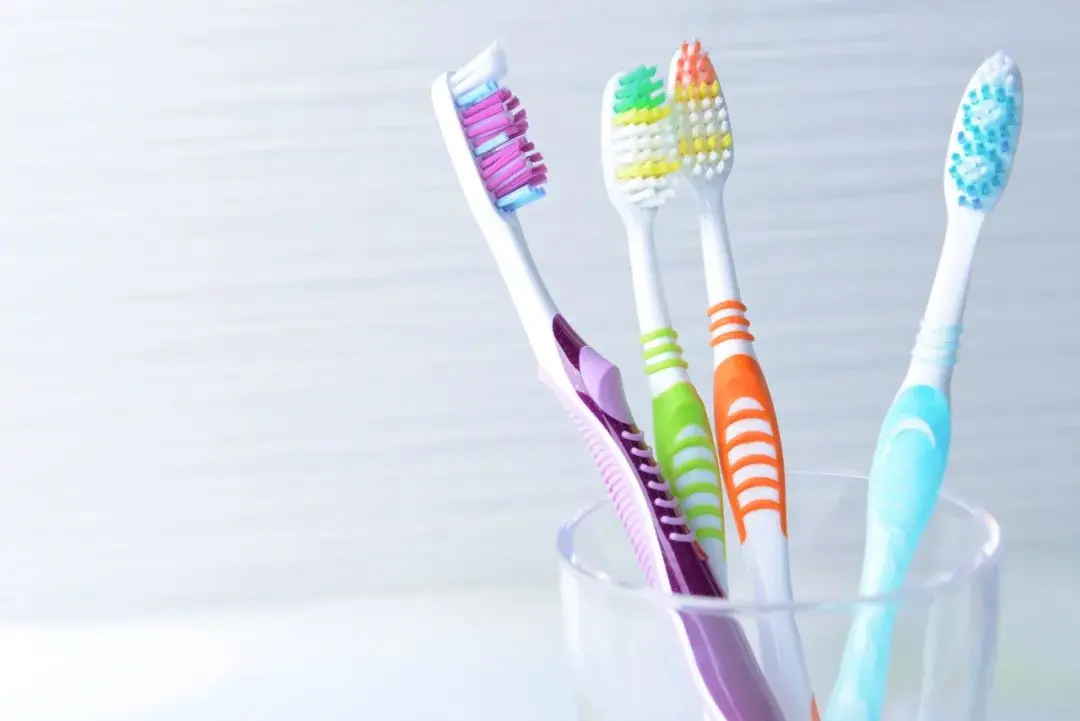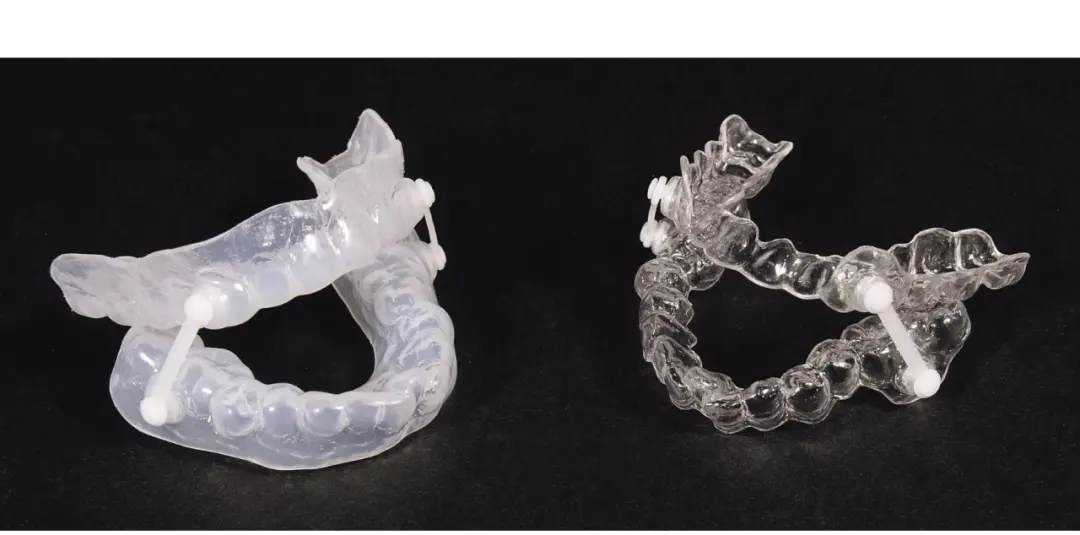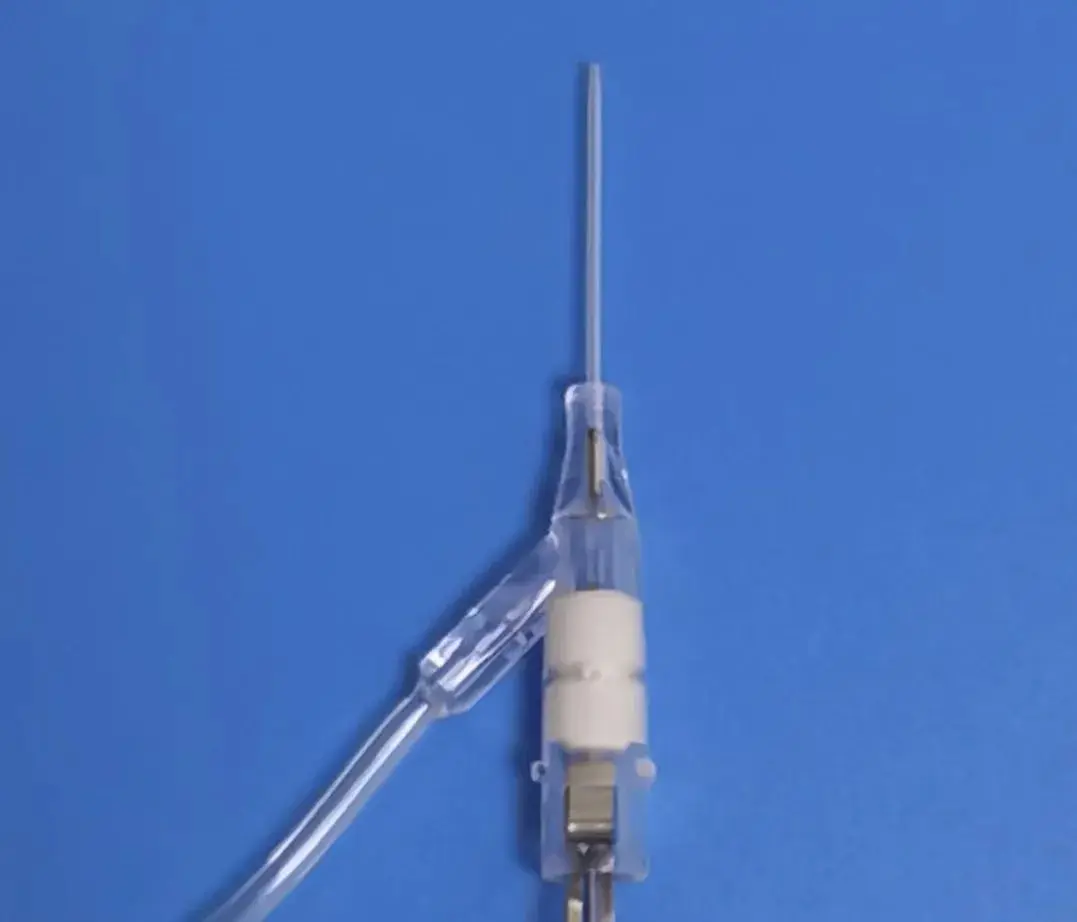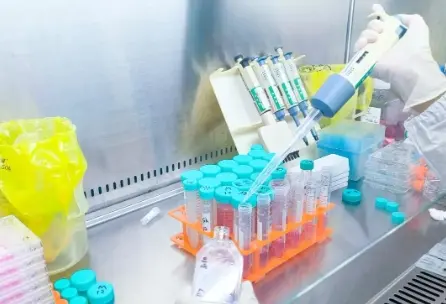
Which Products Need Cytotoxicity Testing?
cytotoxicity testing under ISO 10993 is used to assess the toxic effects of materials on cells, ensuring their safety during use. Here’s a breakdown of the products that require this testing:
Medical Devices
- Implantable Devices – Products like artificial joints, pacemakers, and vascular stents stay in the body long-term, so their materials must be non-toxic to surrounding tissues.
- Surface-Contact Devices – Items such as surgical tools, dental instruments, and medical catheters come into contact with the skin or mucous membranes and must be tested for cytotoxicity to ensure safety.
- Active Medical Devices – Equipment like patient monitors, ultrasound machines, and infusion pumps may have components that touch the body, requiring cytotoxicity testing.
Pharmaceuticals & Healthcare Products
- Drug-Loaded Stents – Since these contain medication, they must undergo biological testing as a final product to confirm both drug safety and material compatibility.
- Wound Dressings & Bandages – Some adhesive materials may interfere with cytotoxicity tests. If a potential toxicity risk is detected, alternative medical-grade materials should be used.
Other Products That Contact the Body
- Cosmetic Ingredients – Some skincare and cosmetic ingredients interact with skin cells, so cytotoxicity testing ensures their safety.
- Textiles – Fabrics that come into direct contact with the skin, like underwear and bedding, should be tested to confirm they do not cause harm.
Why Cytotoxicity Testing Matters
iso 10993 cytotoxicity testing ensures that these products do not trigger harmful reactions, protecting user health and safety.
JJR Laboratory in China offers cytotoxicity testing services with GLP recognition from the U.S., providing reliable testing solutions. Contact us for a quote!
Email:hello@jjrlab.com
Write your message here and send it to us
 Toothbrush FDA Certification Testing
Toothbrush FDA Certification Testing
 Snoring Device FDA 510k Standard Testing
Snoring Device FDA 510k Standard Testing
 Single Use Intravenous Catheter Certification Test
Single Use Intravenous Catheter Certification Test
 Silicone Material Product Compliance Certification
Silicone Material Product Compliance Certification
 What to Do If Cytotoxicity Test Results Are Positi
What to Do If Cytotoxicity Test Results Are Positi
 ISO 10993:5 Cytotoxicity Testing Methods
ISO 10993:5 Cytotoxicity Testing Methods
 FDA ISO 10993-1 Biocompatibility Evaluation Guidel
FDA ISO 10993-1 Biocompatibility Evaluation Guidel
 In Vitro Cytotoxicity Testing for Medical Devices
In Vitro Cytotoxicity Testing for Medical Devices
Leave us a message
24-hour online customer service at any time to respond, so that you worry!




